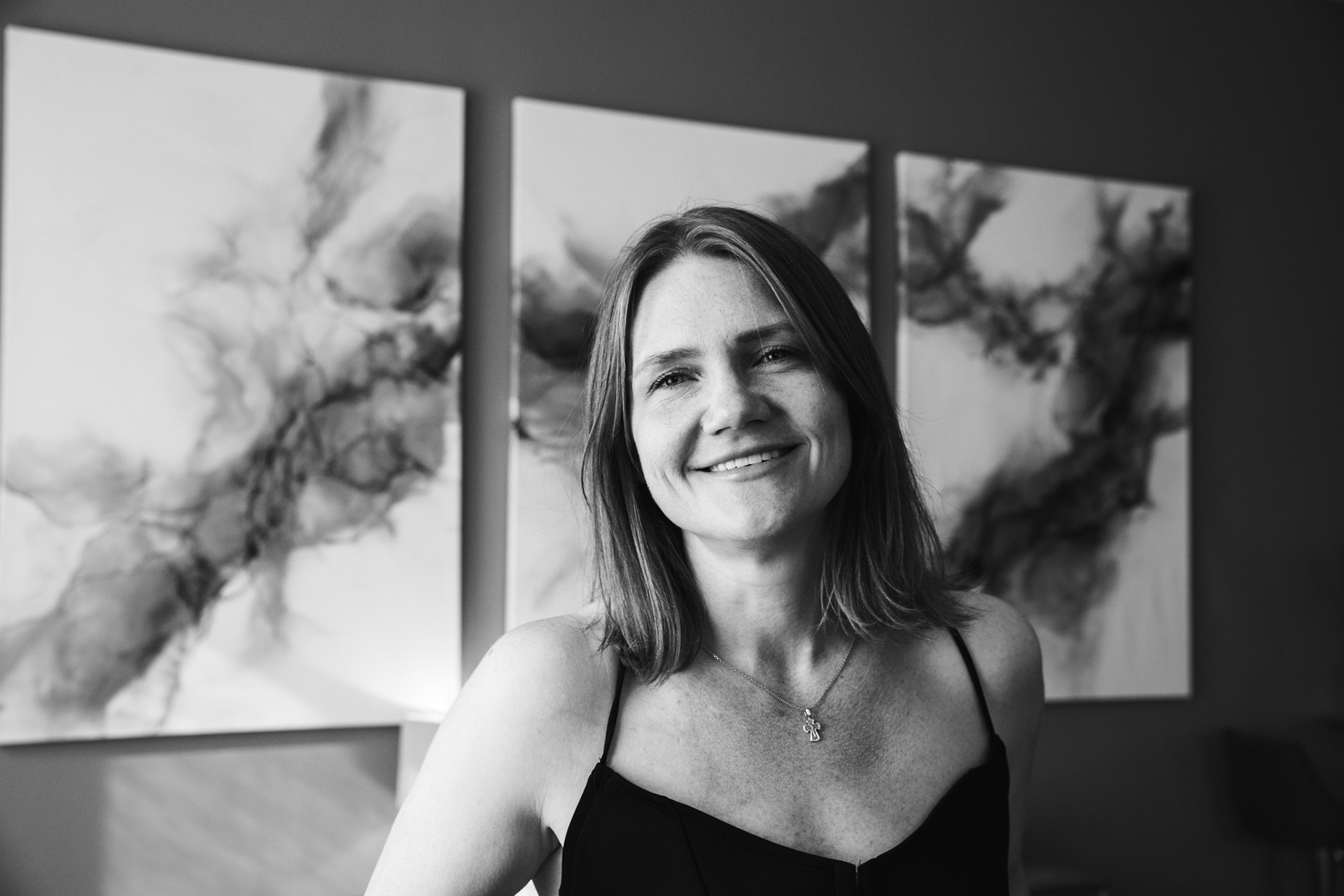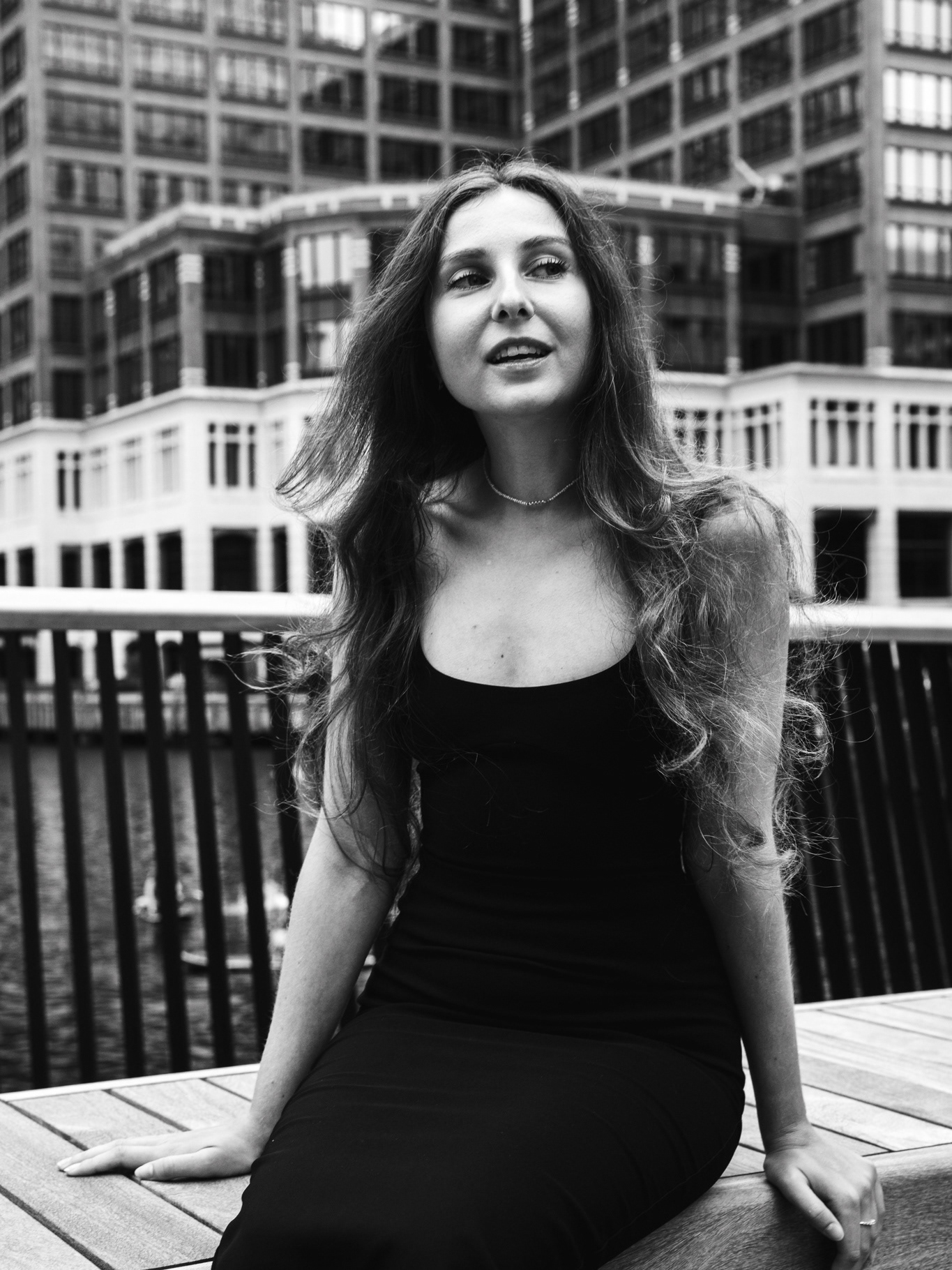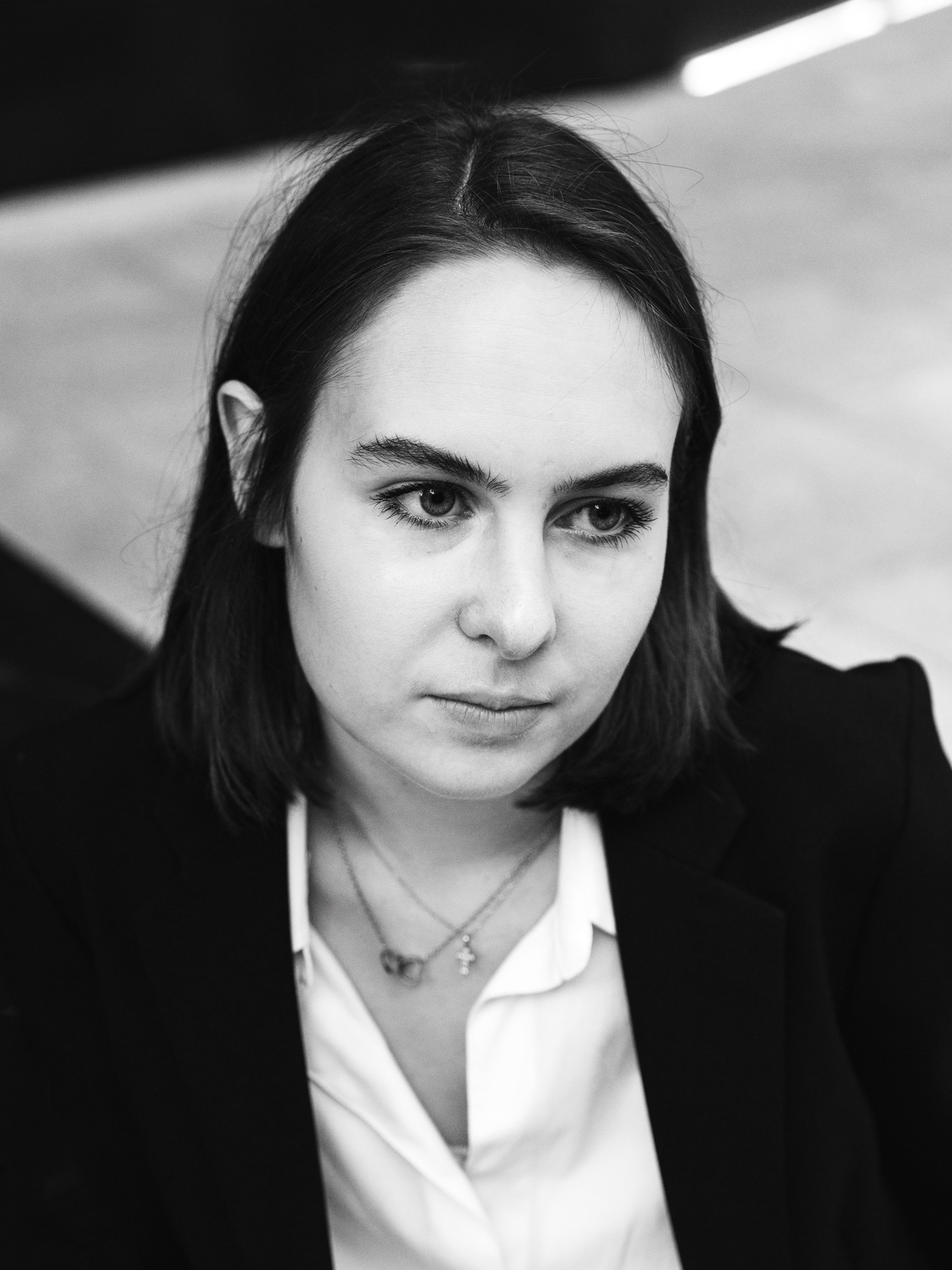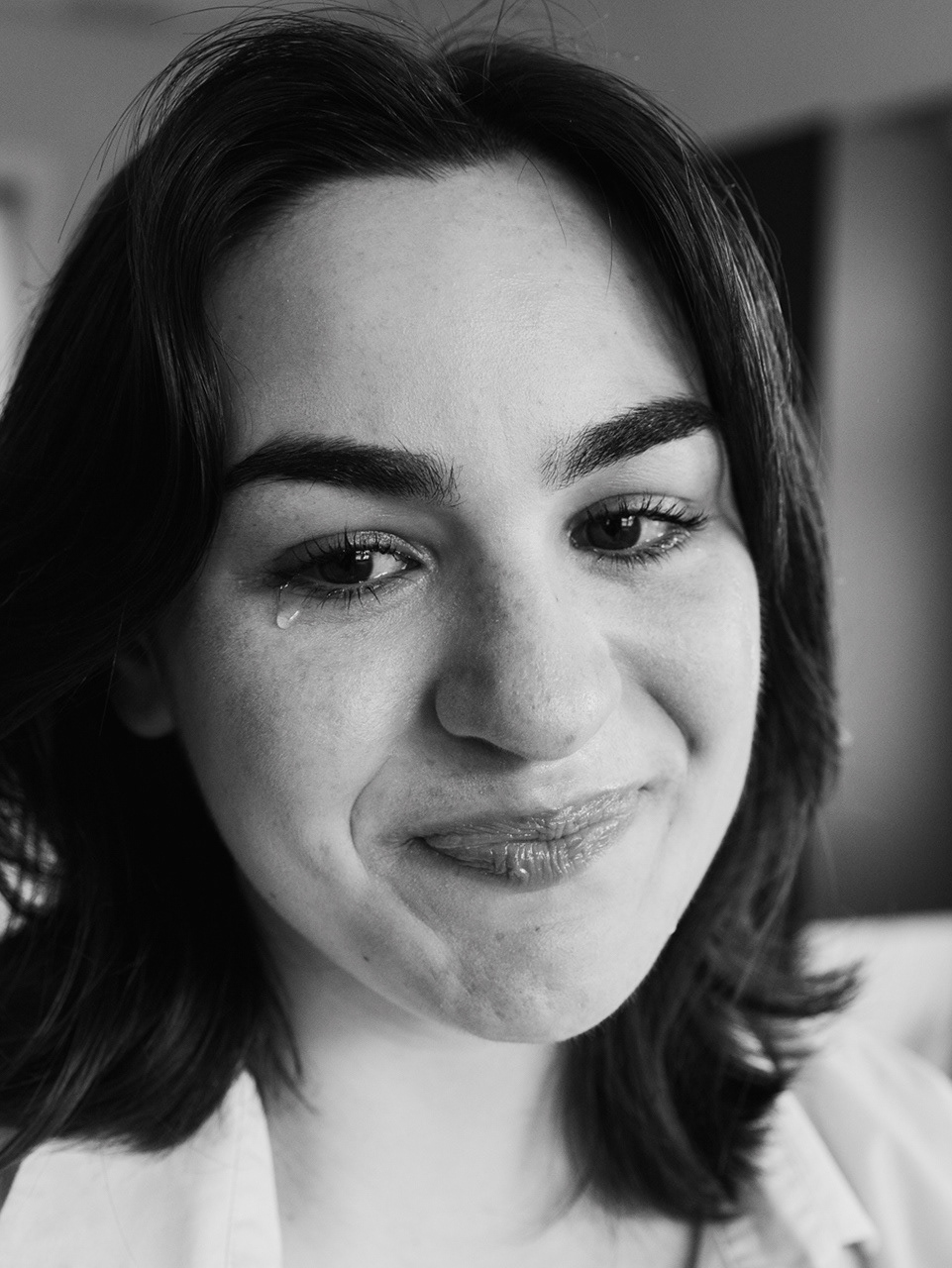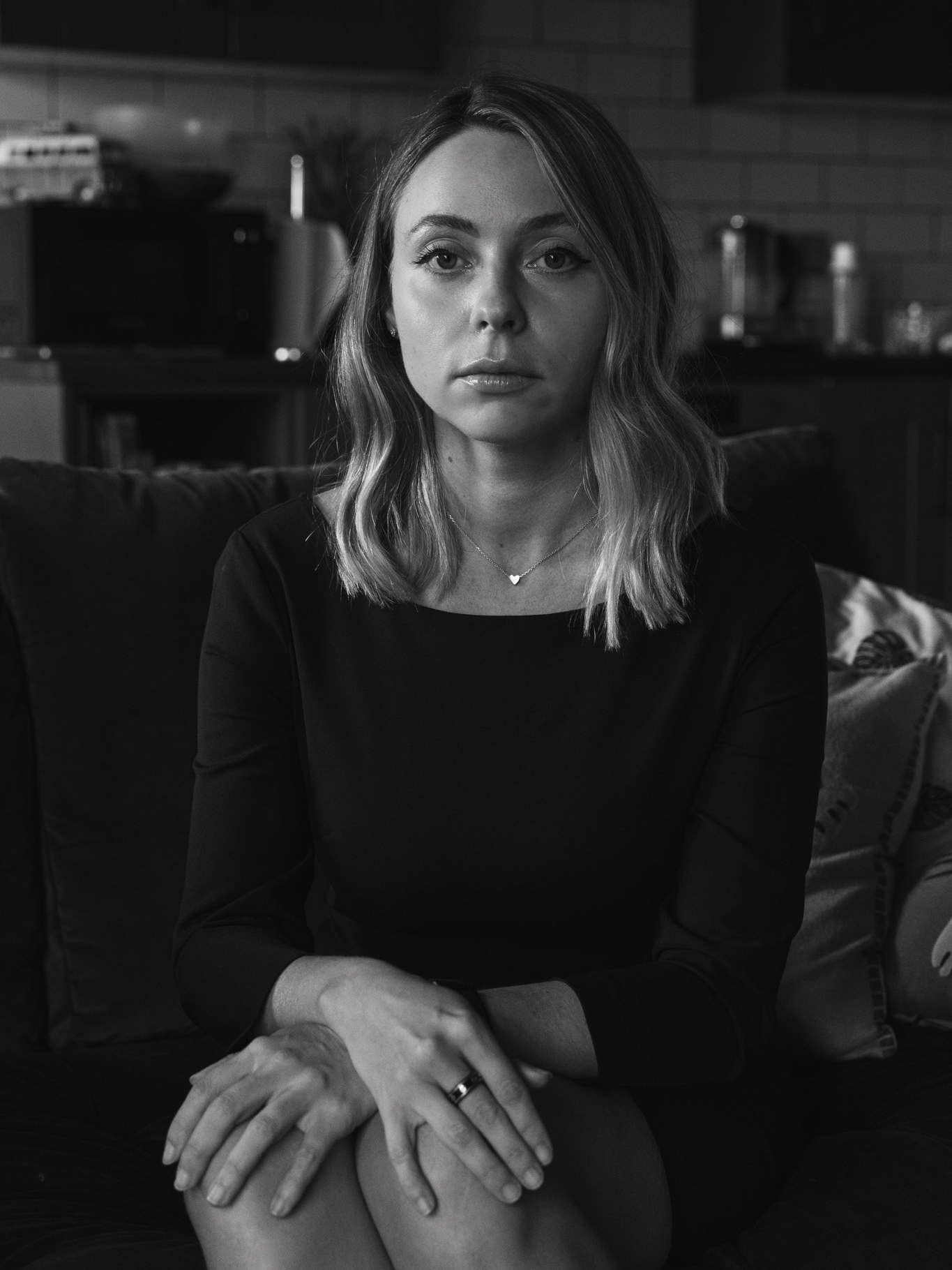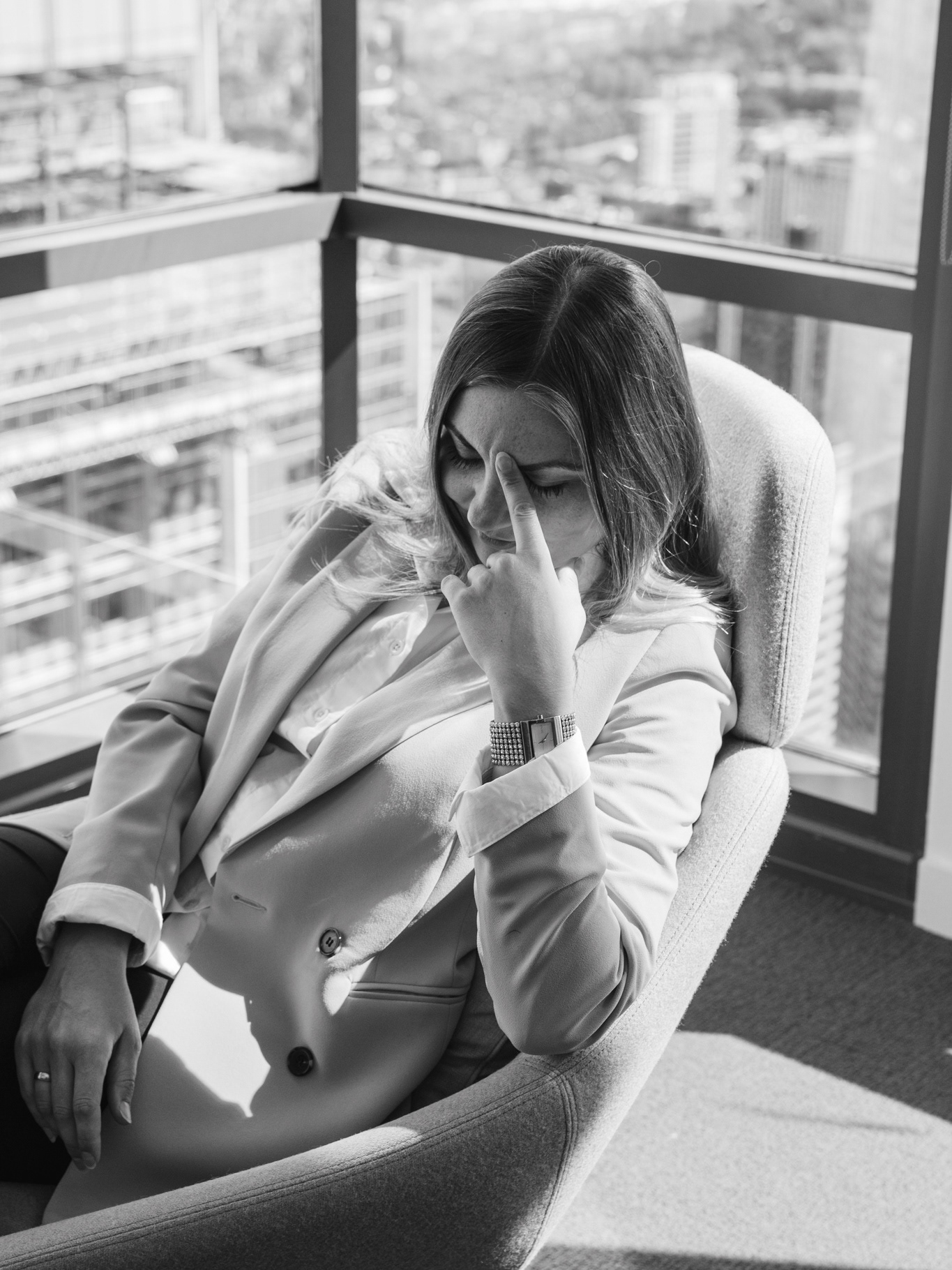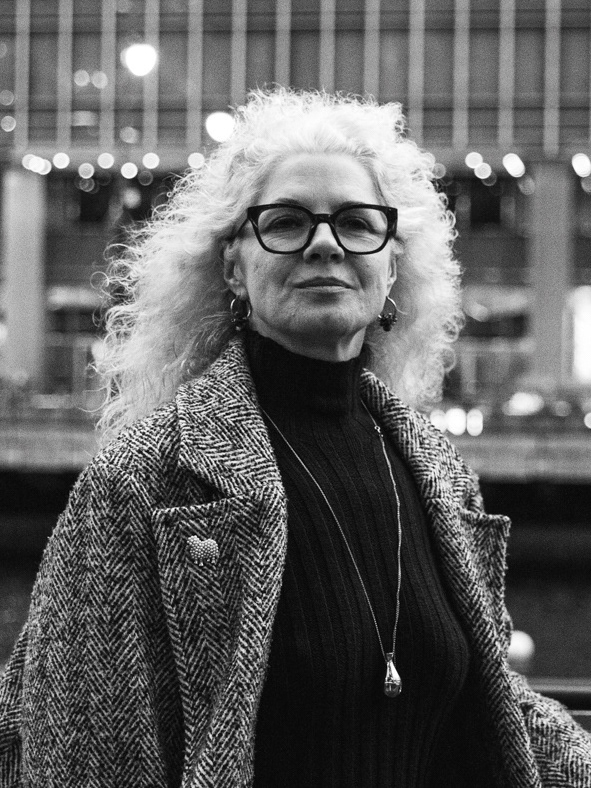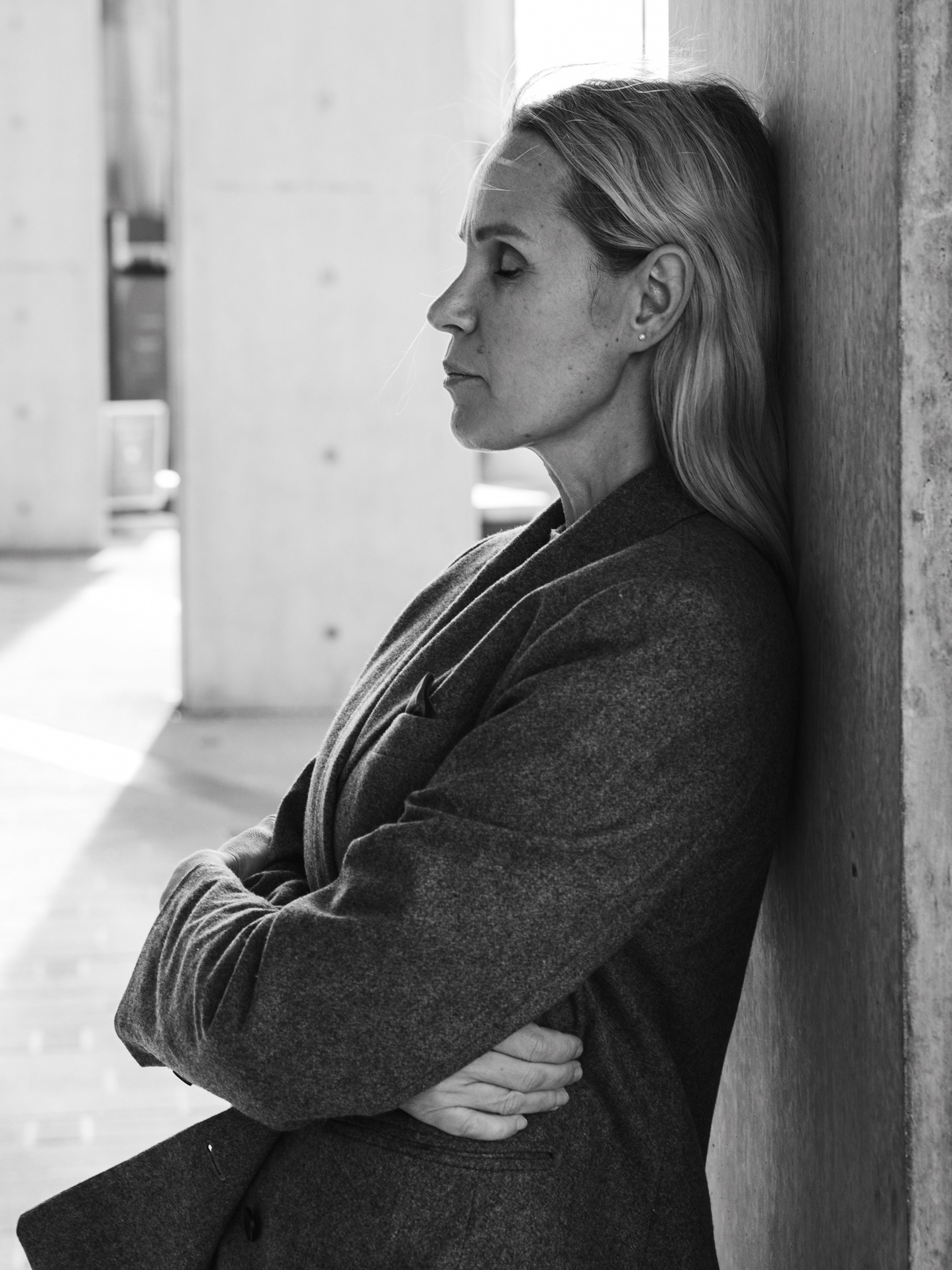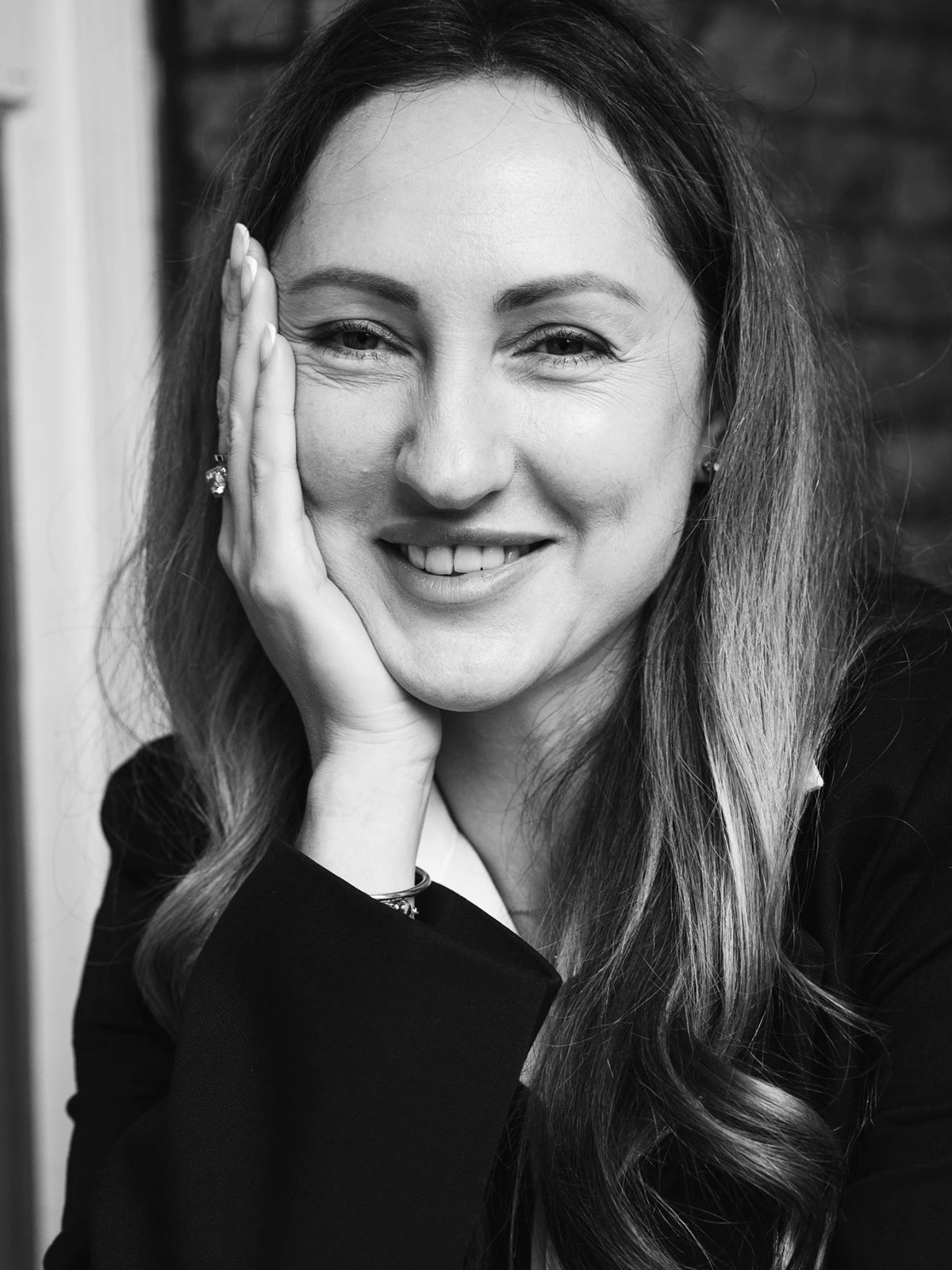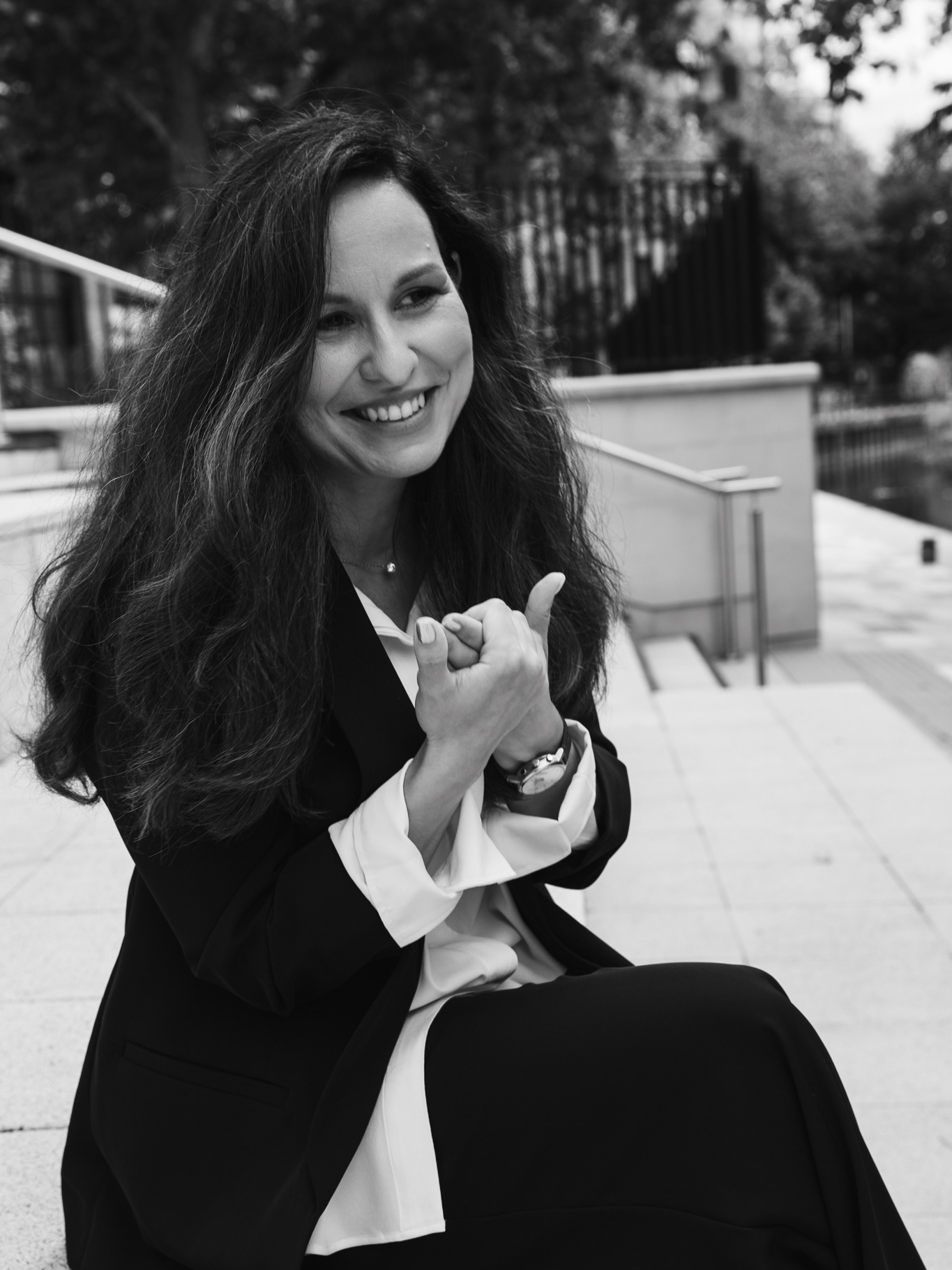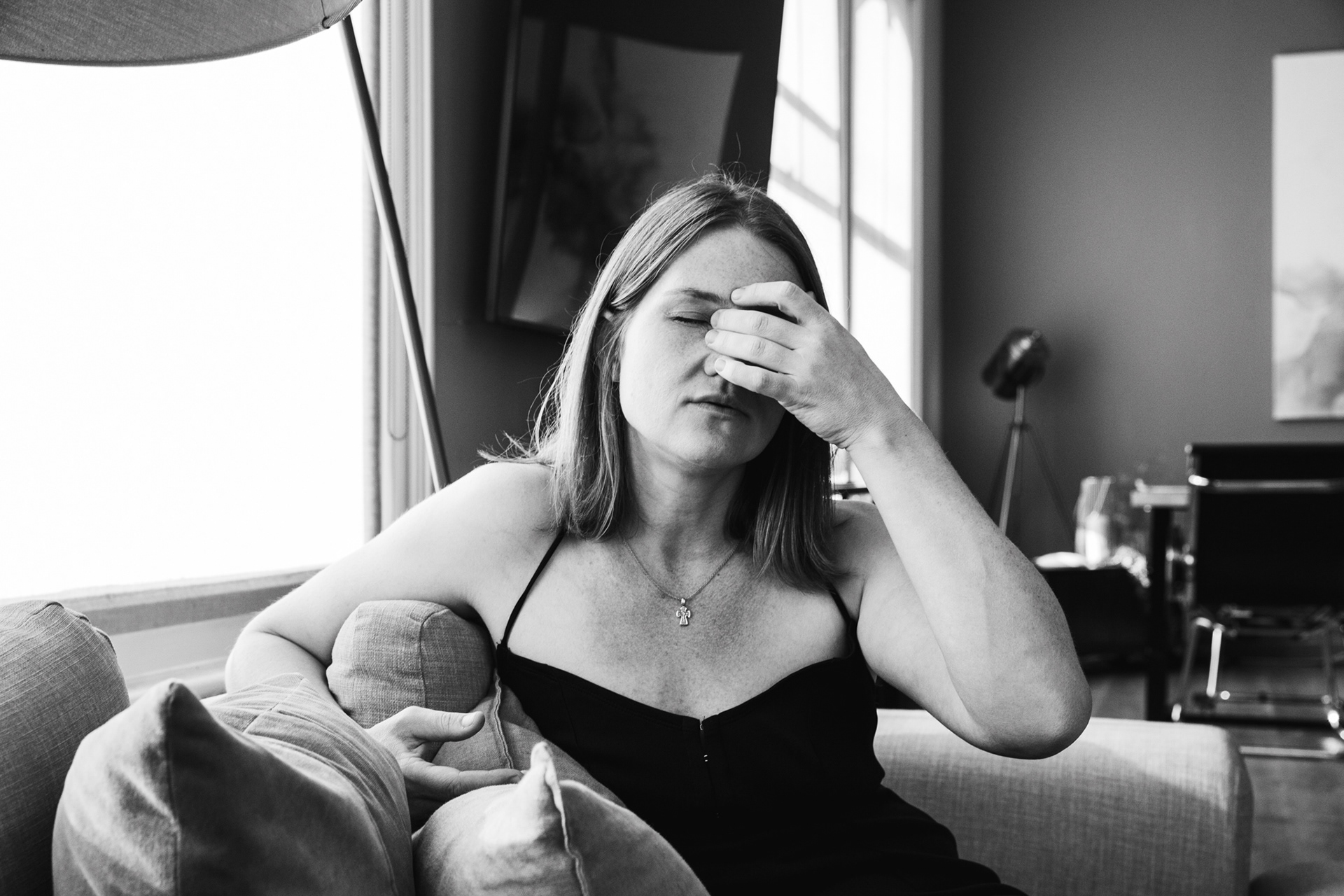
A Journey Through Loss to Light
For Nastya and her family, the war began far from home, under the warm Spanish sun. A family with five children, they had flown from Odesa on February 21st to show the kids the ocean for a week, before setting off on a campervan trip near Madrid. On February 24th, the day they were supposed to fly to Madrid, a call from a friend woke them up.
"We were woken up by a phone call from our friend and then the news that the war in Ukraine had started. We were far from home... My husband and I had always lived in a kind of bubble and didn't believe a war between Russia and Ukraine was possible. We thought it was all just some political, diplomatic games."
That day turned into a surreal nightmare. On one hand — the sun, a swimming pool, happy children. On the other — a news feed filled with horror and uncertainty, and a crushing realization. "We understand that we no longer have a home... At that time... we hadn't physically lost anything yet. But the feeling was that everything, everything was gone, everything."
For them, Spain instantly ceased to be beautiful. "From the beginning of the war, from February 24th, Spain was no longer beautiful. For the entire time we were in the wonderful city of Madrid, we didn't see it, we didn't feel it," she recalls. Their focus shifted from themselves to those who remained in Ukraine. It was their way of coping with the shock.
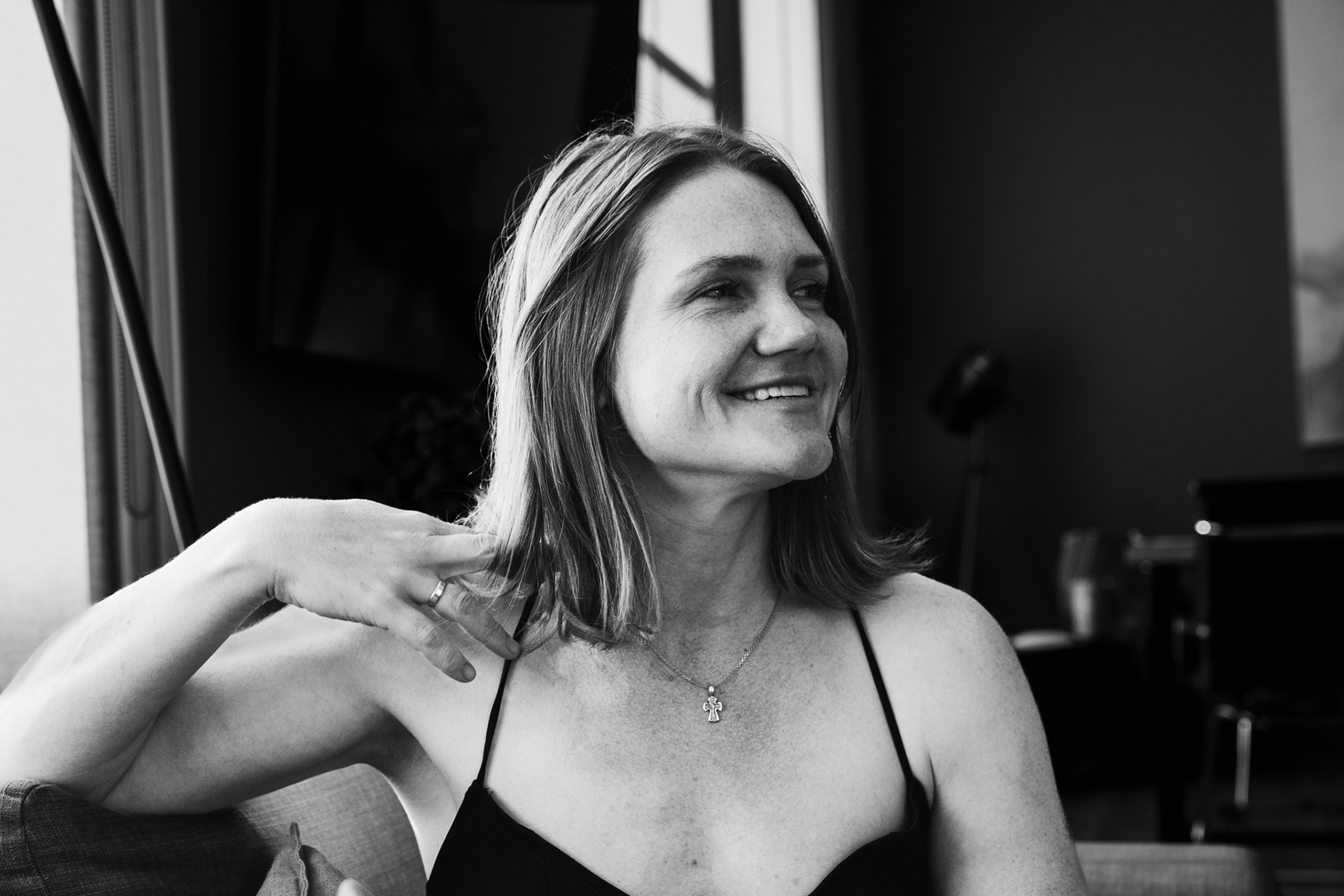
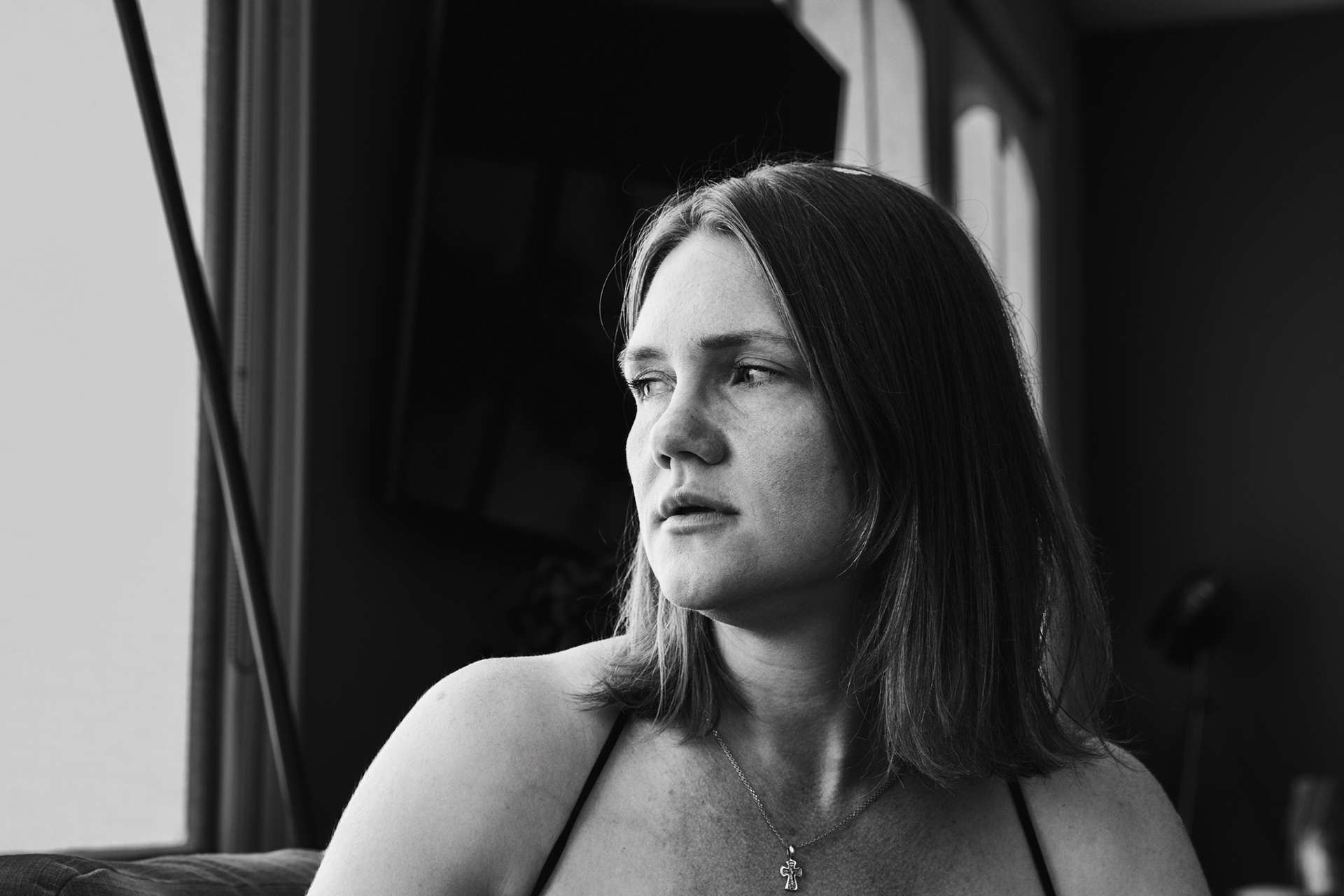
From Tourists to Refugees: The Spanish Experience
In Madrid, they turned to the Red Cross. Weeks of wandering began: moving from one hotel to another, a temporary shelter for refugees. It was there that they first felt their new status.
"That was the first moment we felt like refugees. Because someone could tell us what to do. You see, we didn't arrive there as refugees; we arrived as free people. And in one newspaper, there was a headline: 'From Tourists to Refugees.' And a photo of our family."
Amidst this chaos and uncertainty, there were also amazing displays of humanity. Their eldest daughter, a talented violinist, had gone on holiday without her instrument. When journalists asked what they needed, Nastya, half-jokingly, asked for a violin. And they brought one. Although the instrument was simple, "not plastic," this gesture of support was incredibly valuable.
But life in limbo was unbearable. "Every week they moved us to a different hotel... they would come and say: 'today you will be moving for the third time.' Where to? We don't know." Her husband, a scientist and vice-rector of the Odesa Maritime University, felt "like a fish in a fishbowl." It became clear they needed to find stability. And then Nastya saw a program for Ukrainians in the United Kingdom.
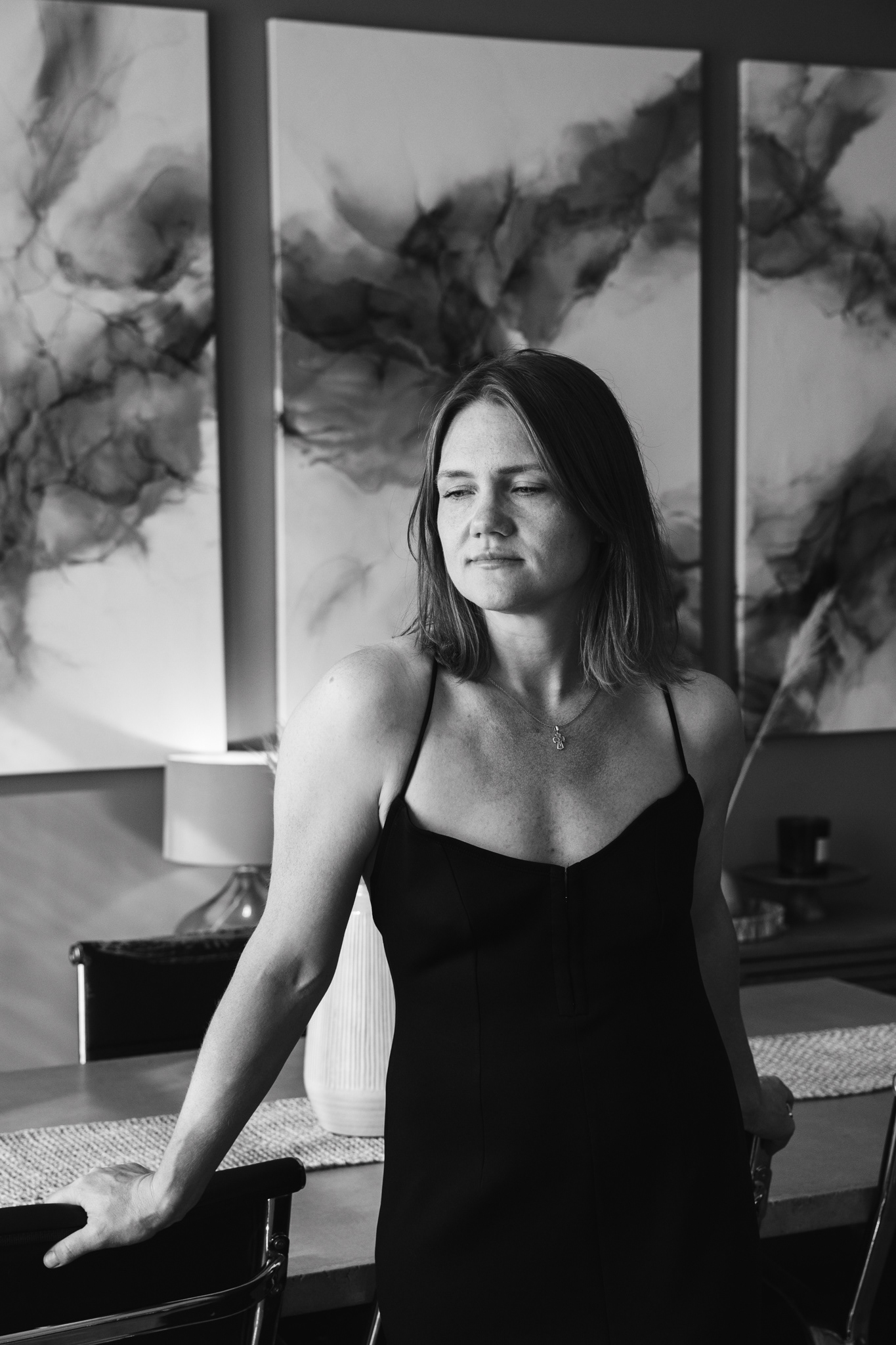
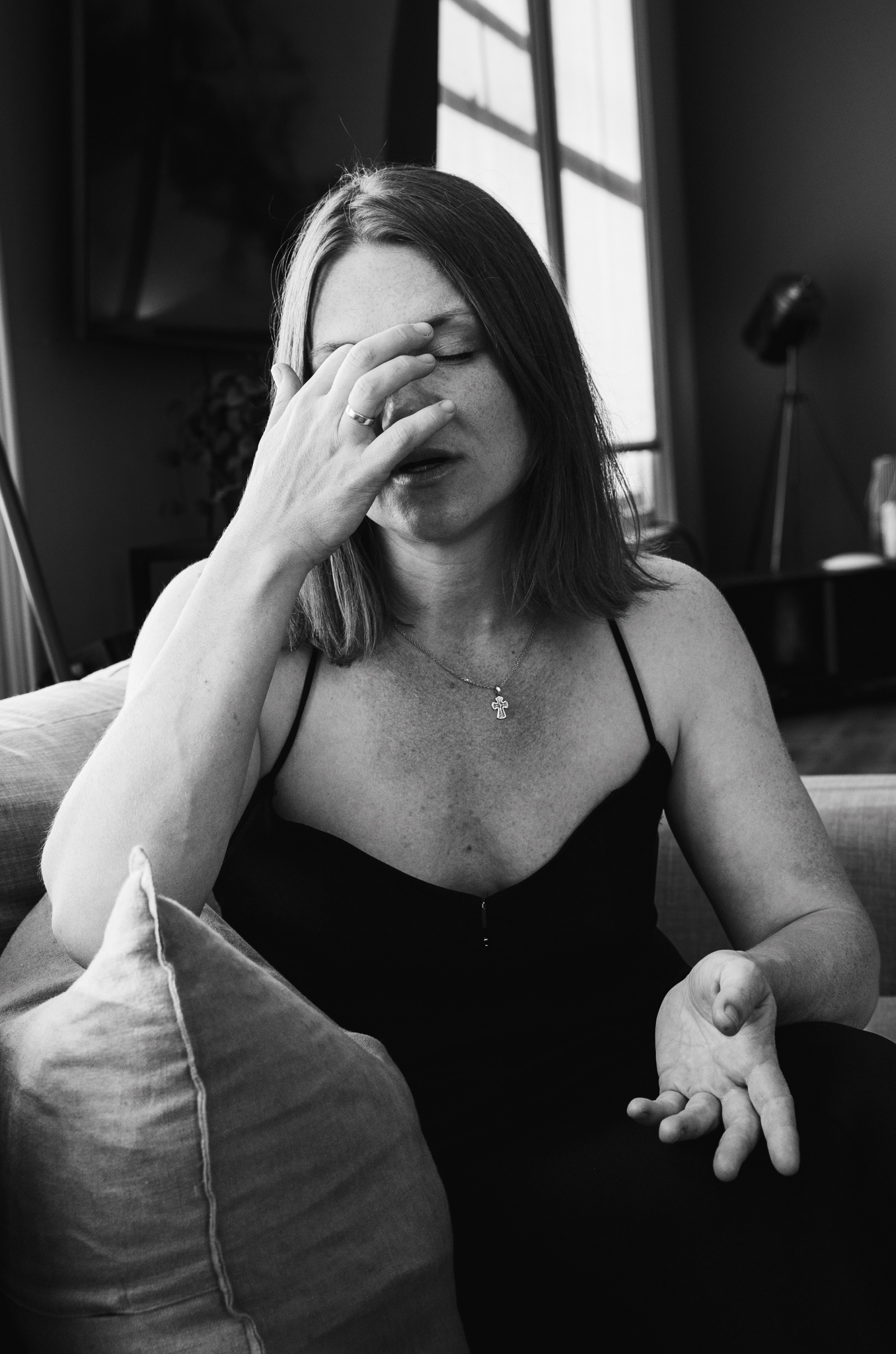
England: A New Home and a New Blow
Finding sponsors for a family of seven seemed impossible. But a miracle happened. A family from Scotland, who had an empty house in the small town of Faringdon, Oxfordshire, responded to their request.
"We had never spoken once, not on the phone, not by video call, nothing... But they were inviting a large family. I mean, I would have thought twice, wondering what would happen to them next."
This selfless trust moved them to their core. They gathered their few belongings and set off on a new journey. In England, they were met not by their sponsors, but by other residents of Faringdon who became their first friends. The feeling of support and gratitude was incredible.
They began to build a new life. The children started school, and the eldest daughter was accepted into a Saturday music school in London. Her husband, though missing his work and status in Ukraine, approached the situation rationally. It seemed that life was gradually getting back on track.
But in the autumn of 2022, a new, even more terrible blow came. After several examinations, doctors confirmed that her husband's pancreatic cancer had returned. This time, it was stage four.
"When it's a recurrence of pancreatic cancer, it's already stage four, which means it's incurable."
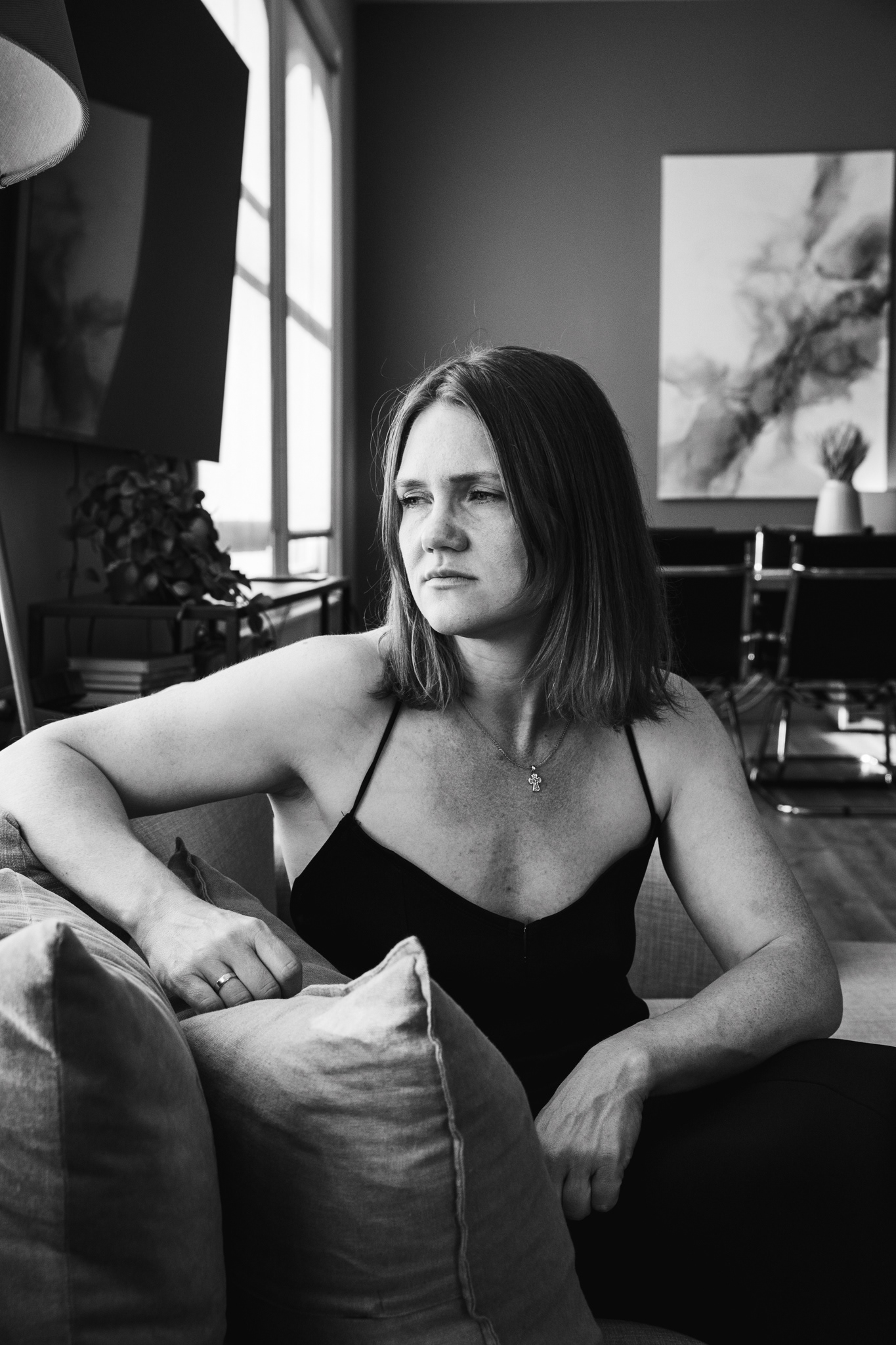
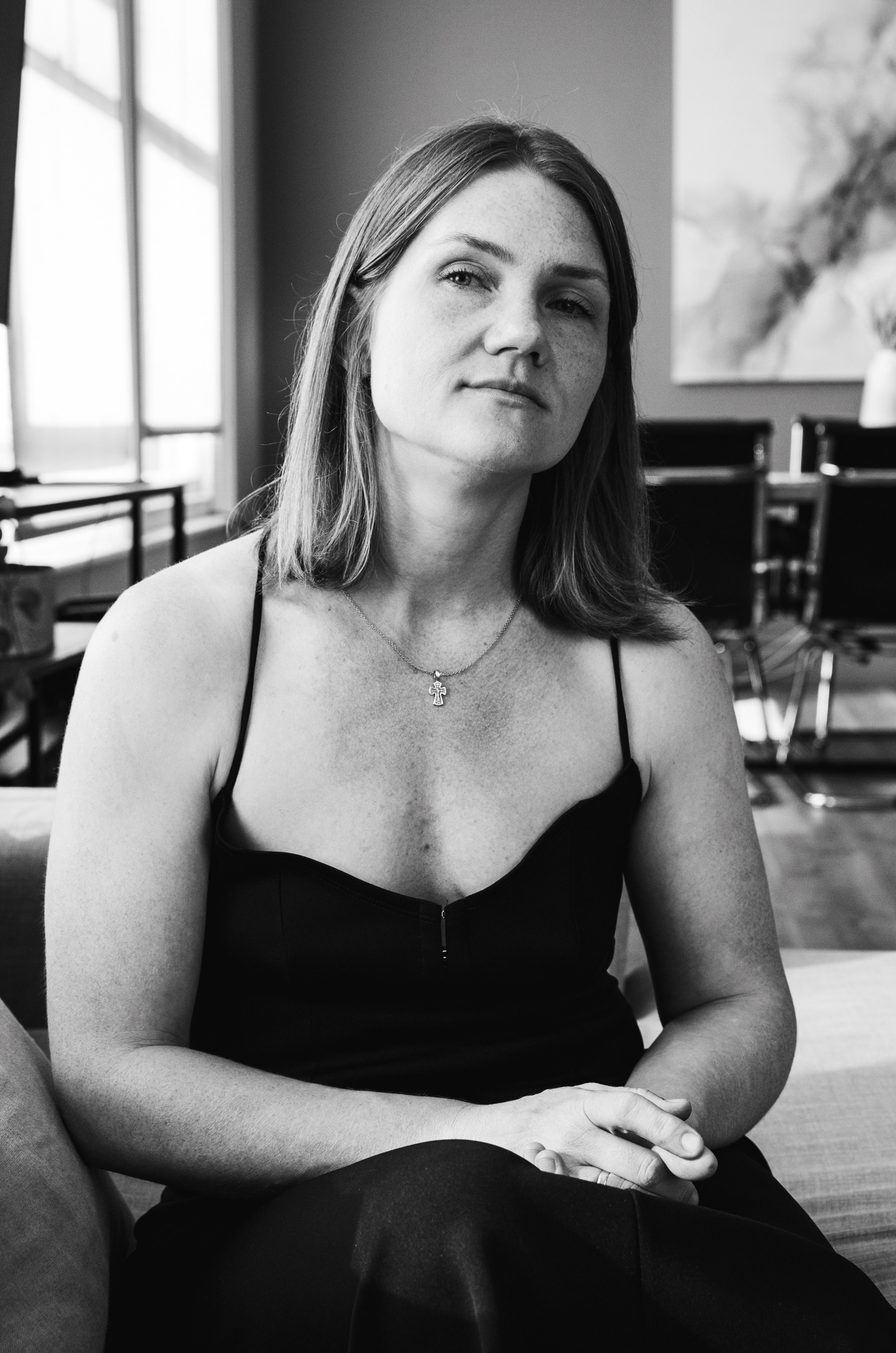
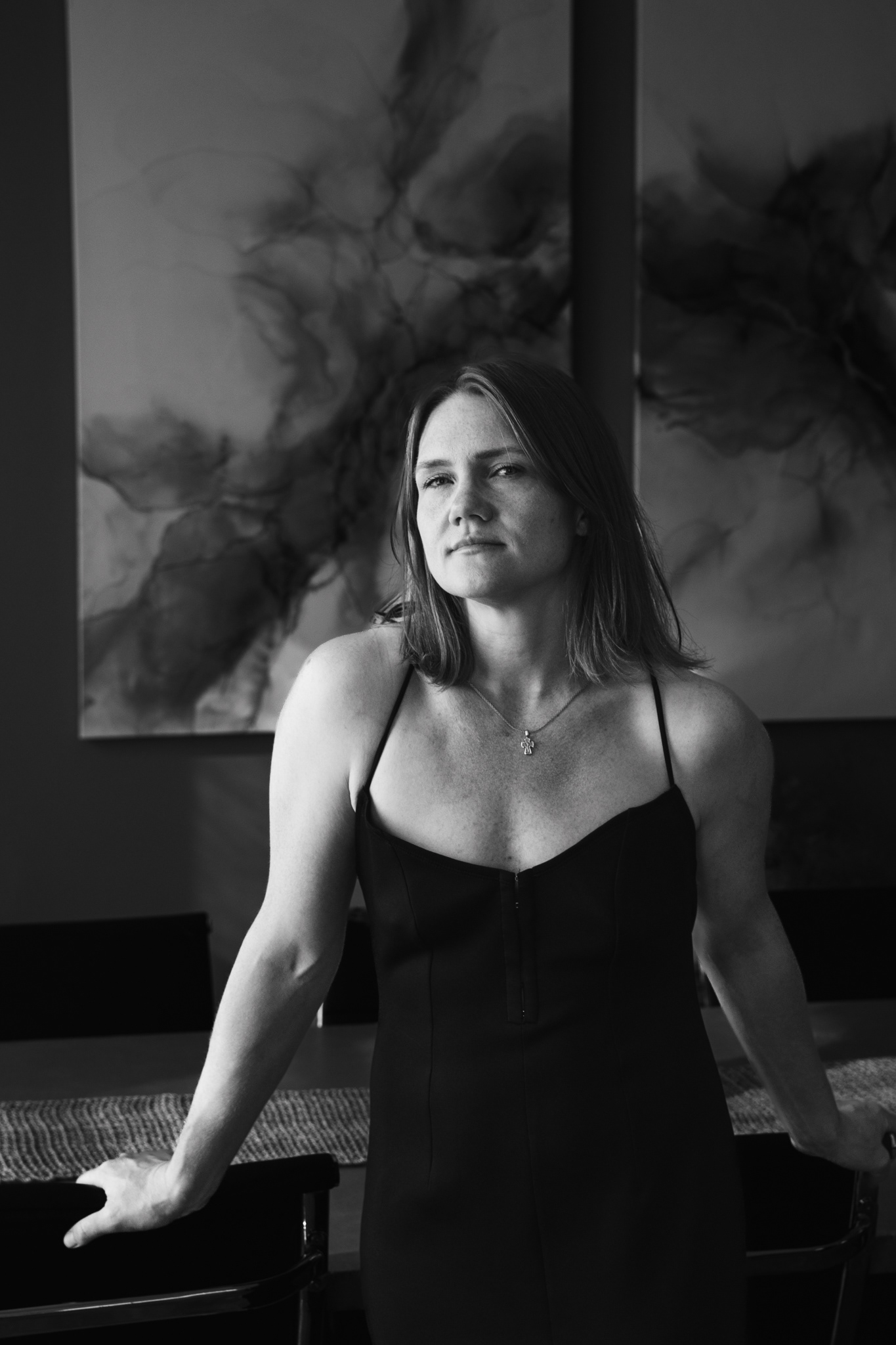
A Year of Struggle, Dignity, and Love
The most difficult year of their lives began. Nastya had just enrolled in a Master's program in Public Health at Oxford Brookes University. Now she had to juggle her studies, caring for five children, and supporting her terminally ill husband.
"I was faced with the reality: okay, I have a module to pass, my husband is starting chemotherapy in a few weeks, I have five children... I pulled myself together and thought: I have one year to finish this program. What will happen in a year? Will it be any easier for me? No. Whatever happens, it will be worse. So, I have to do everything right now."
It was a year of incredible resilience. At the end of 2023, his condition worsened. He was transferred to a hospice in Oxford. And those last weeks, despite all the tragedy, became a time of incredible closeness and light for them. The moment of his transfer from the hospital to the hospice is forever etched in her memory.
"They were moving him to the hospice on a bed, through some kind of underground corridors, and it was quite an adventure for the children. The boys were running around, laughing, and the entire staff saw us off with tears in their eyes... small children, and they understood that they were sending us to a hospice."
They spent their last days together in the hospice. "I would say it was a beautiful time, a very slow time. We were all together... We talked about everything and anything. We asked for forgiveness, talked things over... We had time to say goodbye." On December 18th, he died in her arms. "When I talk about it, it's a very personal, incredible experience. It is sad. I feel like I don't convey enough sadness. But the greatness of it... it's impossible for me to explain. It's something incredible."
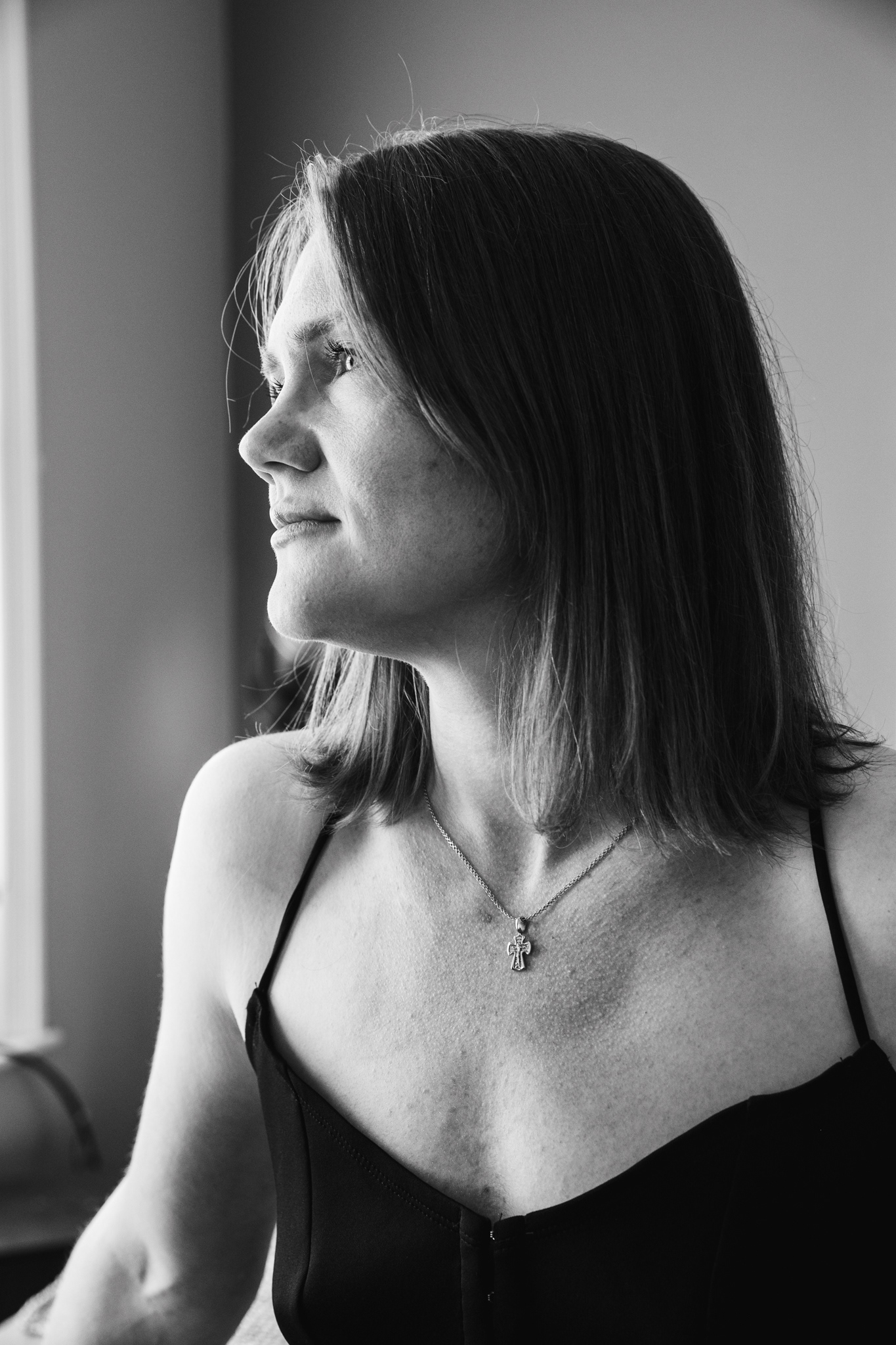
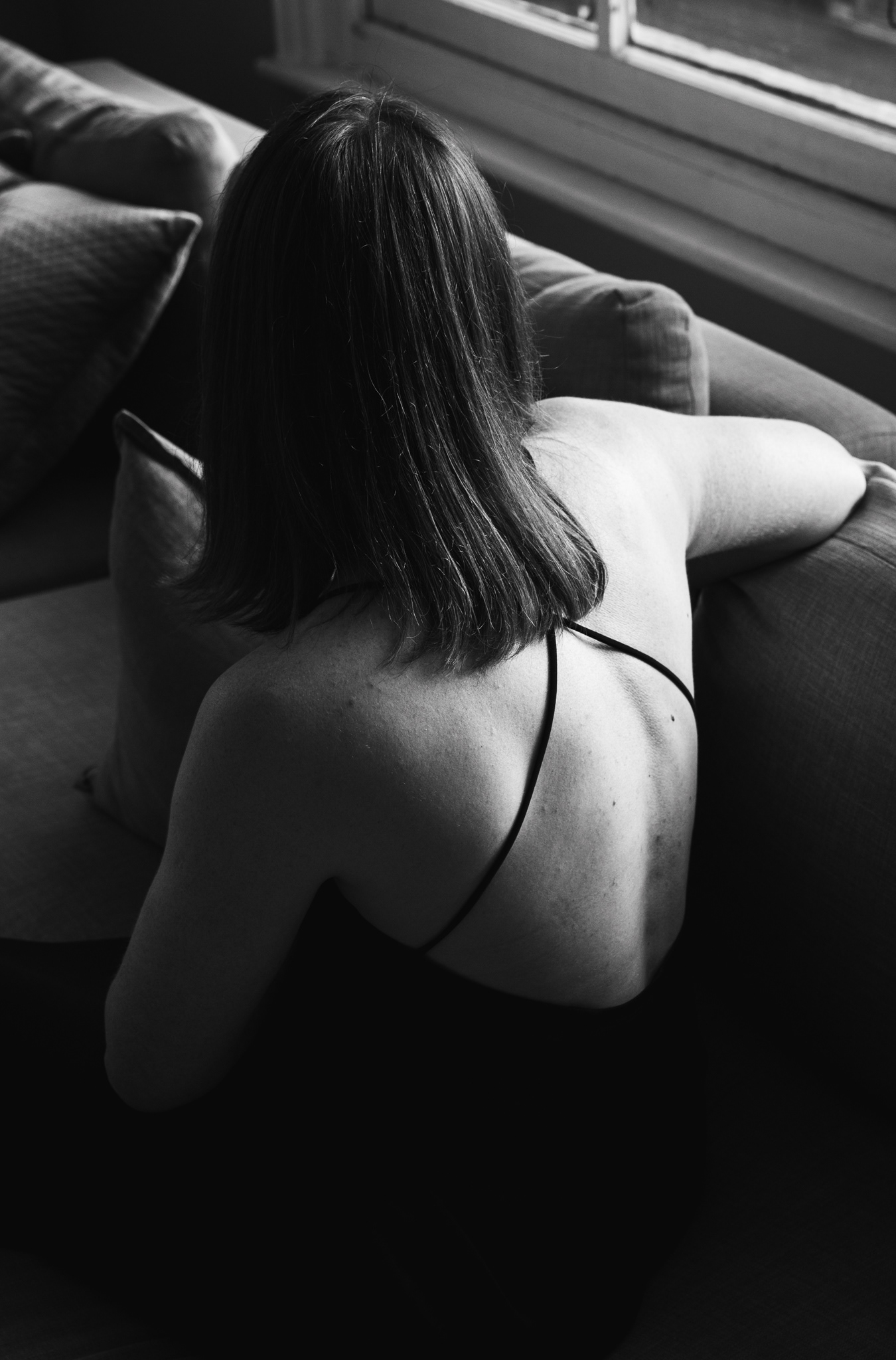
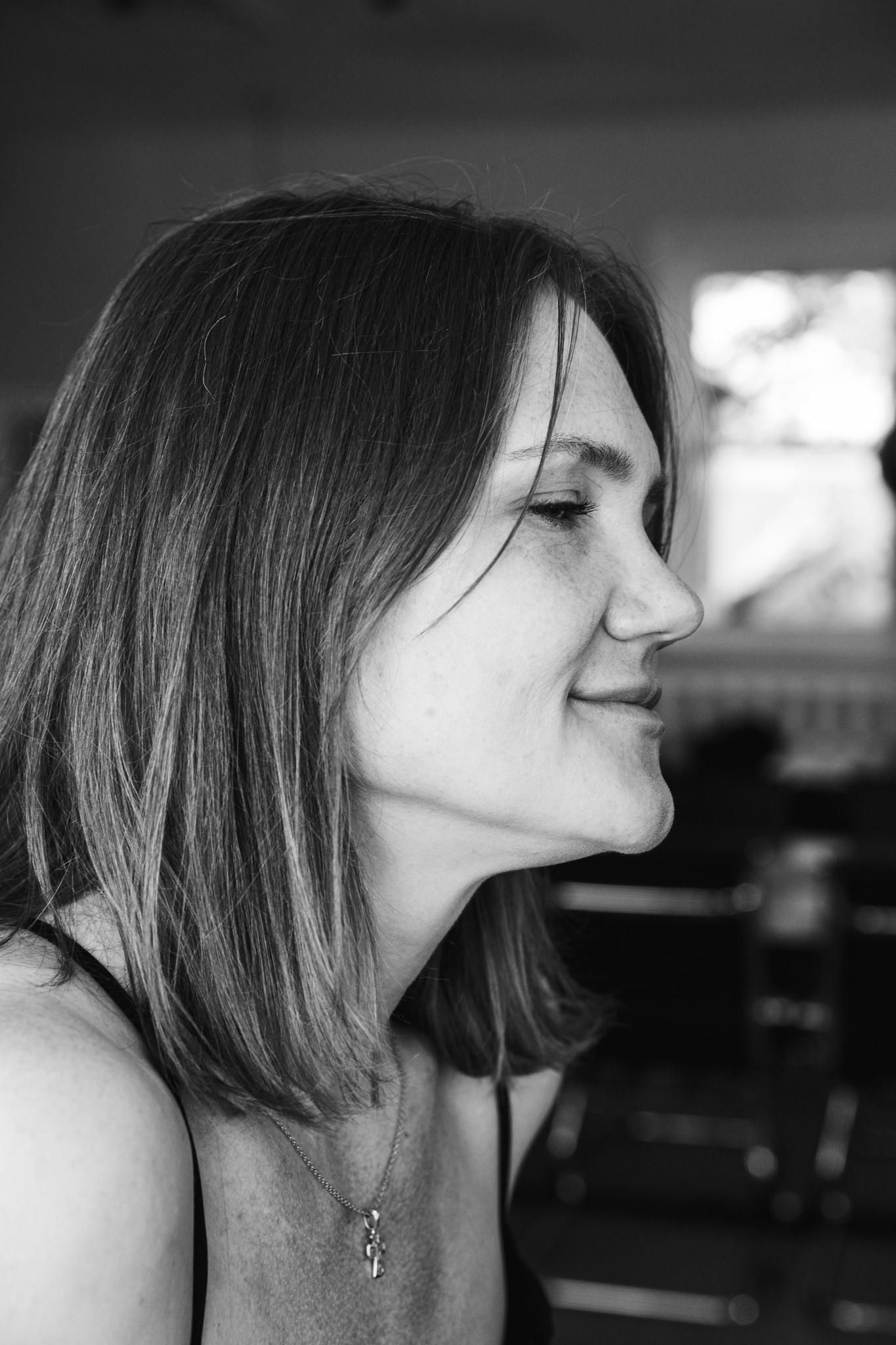
The Farewell: Between Two Worlds
The funeral was another ordeal, but also another testament to the humanity that surrounded them. The priest of the local Orthodox community, Father Stefan, an Englishman, took care of everything. "He asked me what my thoughts were about the funeral. I said, well, my husband wanted it to be as simple as possible for me... He said, then we will take care of you, you are like our family now."
A true miracle happened: the church helped them get a burial plot in a cemetery in Oxford, which is almost impossible under normal circumstances. The funeral was held according to Orthodox tradition, which was a cultural discovery for the many Britons who came to support them.
"It was very different for the British people who came. It was the first time they had seen an open casket... Father Stefan, being English, understood the background... he explained that it might seem unusual to them, but it is our tradition."
Miraculously, Nastya managed to have his formal tunic delivered from Odesa through 'Nova Poshta' to bury him with full honors. The day of the funeral was incredibly difficult. "My legs wouldn't carry me into that church, because I just knew I had to get through this day." It was a hard farewell for the children as well. "I was very glad that he [her son] burst into tears, so he didn't keep those emotions inside."
After it was all over, a strange feeling came. "Such a strange feeling, probably, after all of it happened, was a sense of some relief, I suppose. Like a job well done," she recalls. Two days later, she flew to Ukraine. "It was important for me to go to my people," she explains, although she admits it might not have been the best decision, as she needed time to recover herself.
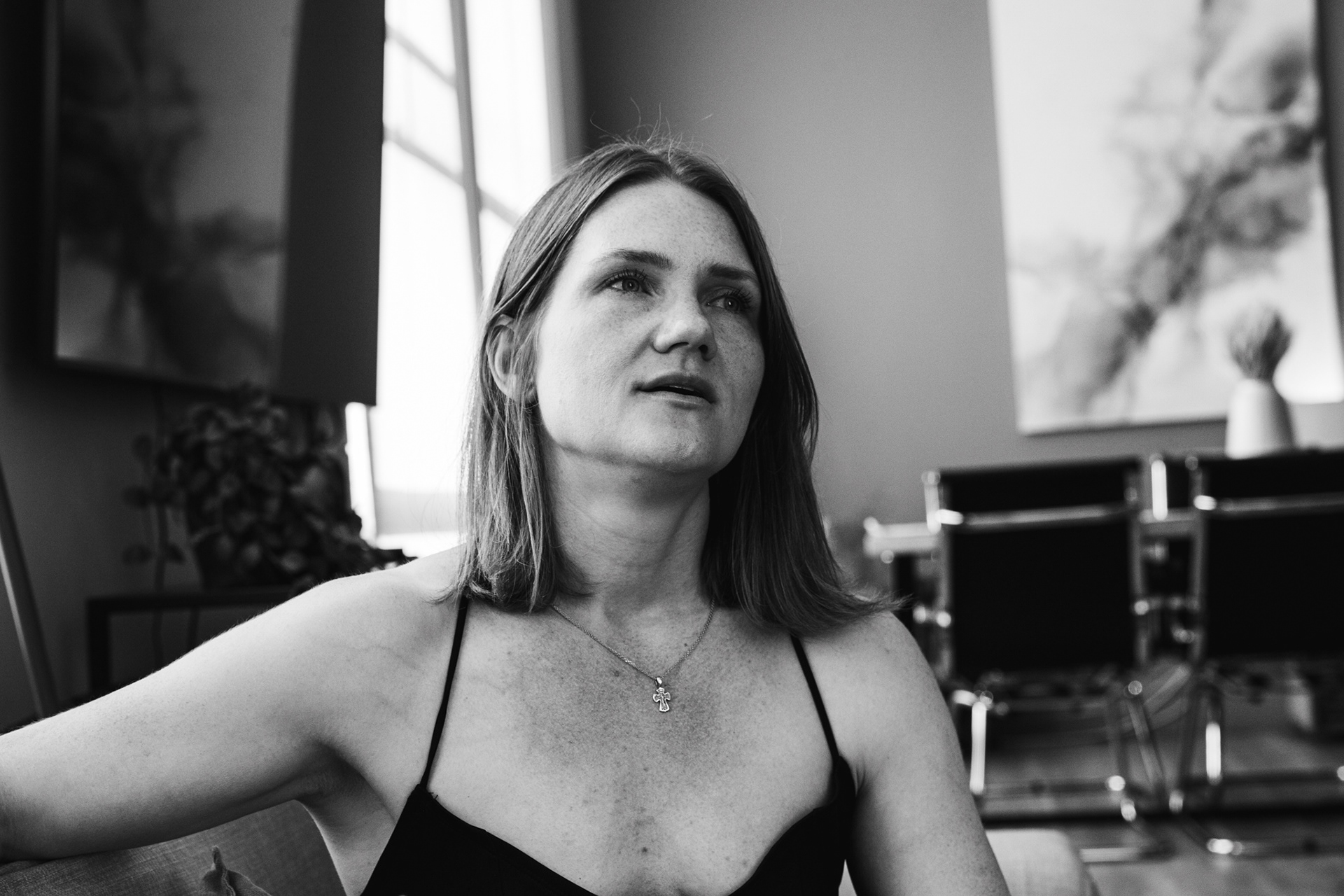
Life After: A New Role and "Evidence-Based Ukraine"
After losing her husband, Nastya faced a new challenge — building a life from scratch, now as the sole adult for five children. "It was very difficult for people who knew us as a family to perceive me as a single unit. Or a zero, as it seemed to me at the time." It was not just an emotional but also a practical break. Their family had always had a patriarchal model.
"We had a very patriarchal, traditional family. The husband earns, I take care of the children, the family. I do some things, I study, but it's all just... that."
Now she had to take on all the roles herself. But she did not break. She continued on her path, finding strength in creativity and helping others. She organized a "Mavka" festival in Faringdon, an idea born after watching the Ukrainian animated film. "After this cartoon, there is a sense of, I don't know, hope for some kind of miracle, some kindness," she explains.
But the main project that grew out of her pain and experience was the YouTube channel "Dokaz". The idea came to her while her husband was still alive, when they encountered a huge amount of myths and unverified information about health. Her master's studies in public health only strengthened her desire to create high-quality, evidence-based content in Ukrainian.
"I think this is a very important, underestimated thing that needs to be talked about more... This is my contribution to the development of a conscious Ukraine."
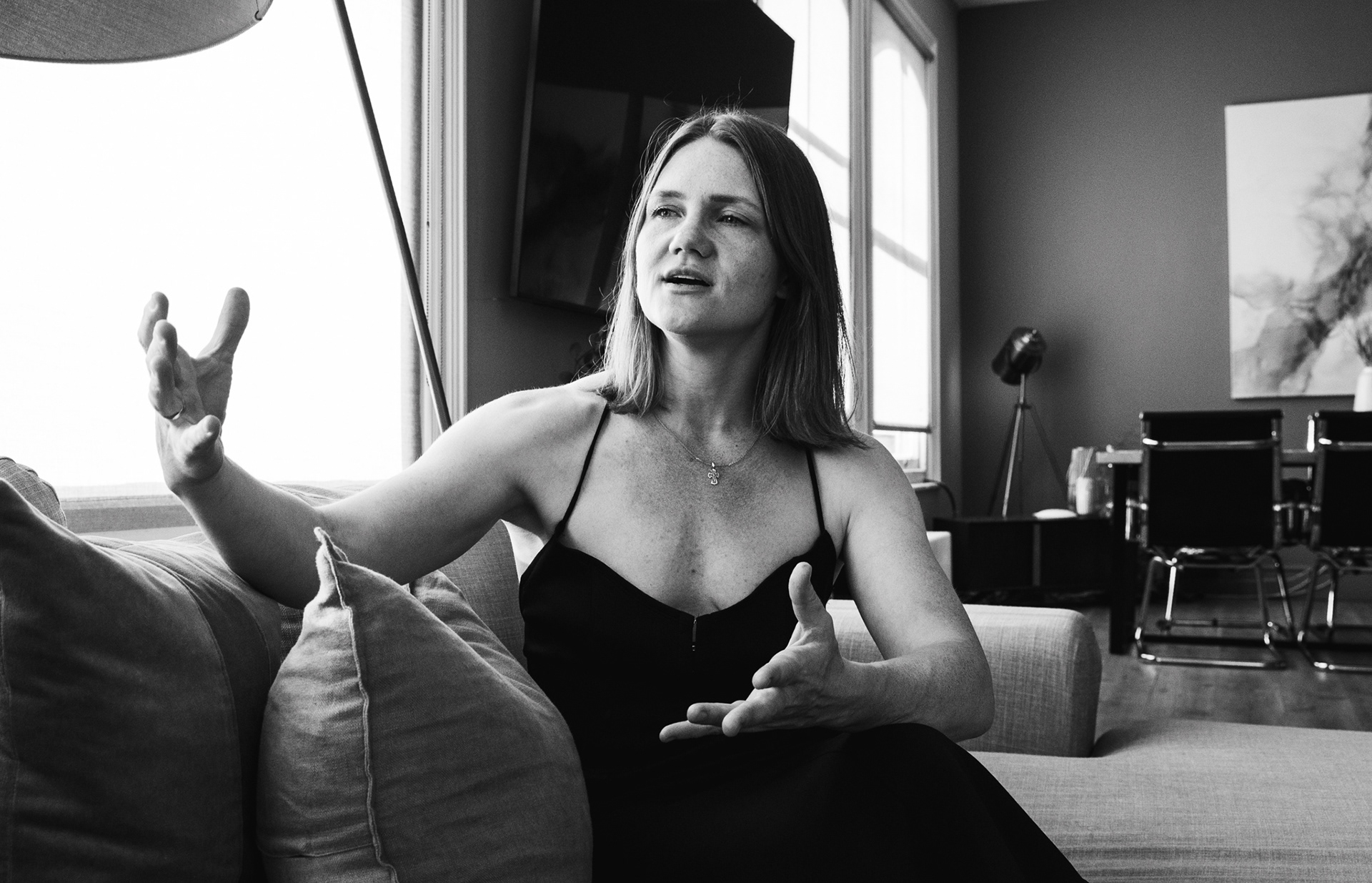
She took action. She wrote on Facebook to a pediatrician she knew. "He responded, saying: 'I've never done anything like this, but let's give it a try.'" They recorded the first episode. Then a second, a third. She found well-known doctors, gastroenterologists, directors of palliative care centers. She even touched on sensitive topics like misogyny in medicine.
The hardest test was continuing to work on the channel after her husband's death. During a trip to Ukraine for a memorial meeting, while in a completely broken state, she booked a studio. "In one day, we recorded four episodes. And they looked at me afterwards, and I said, I'm never doing that again," she recalls of the exhaustion. "I don't know what they could see in me as a host, because the fact that I was not myself, in such a knocked-off-balance state, is certain."
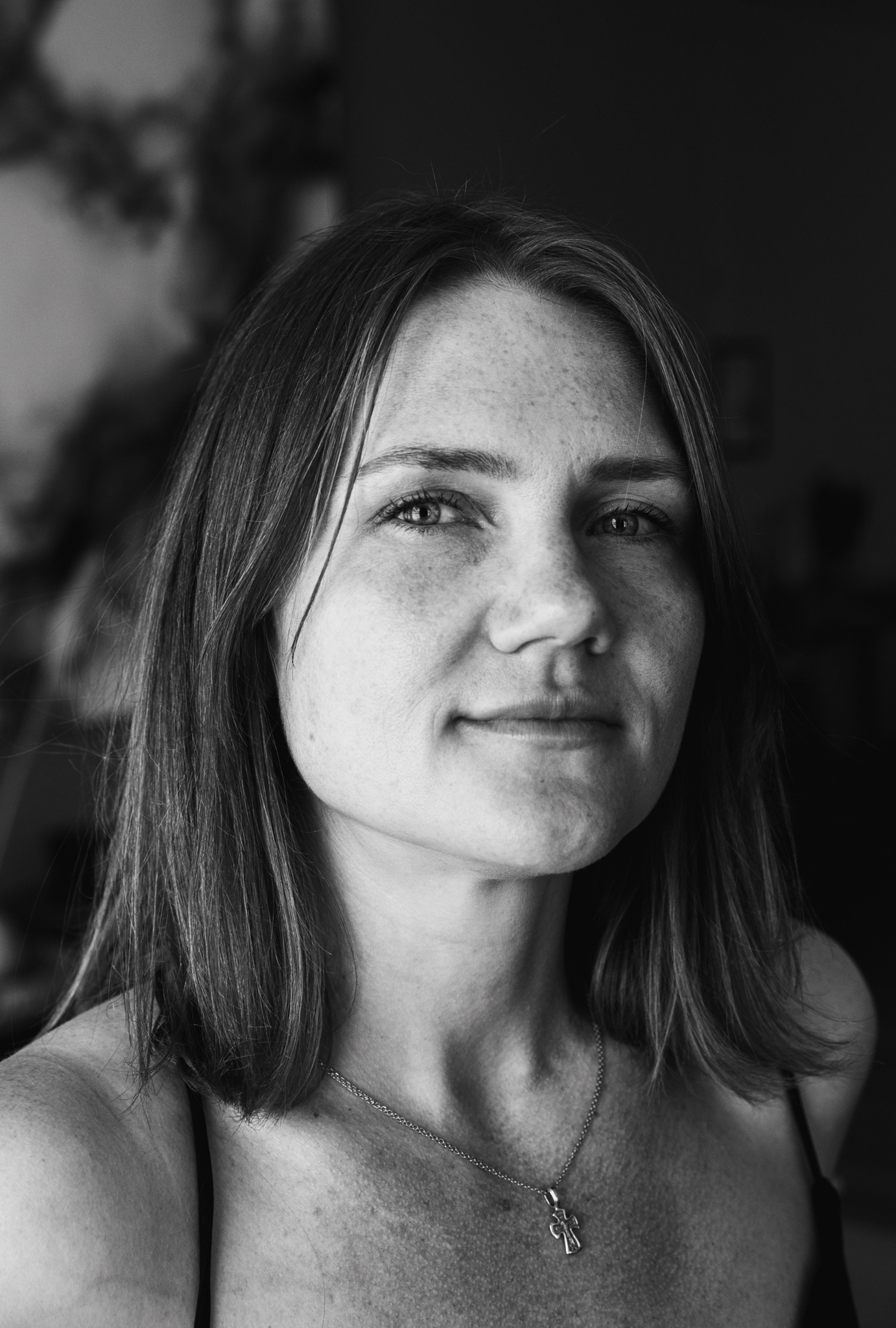
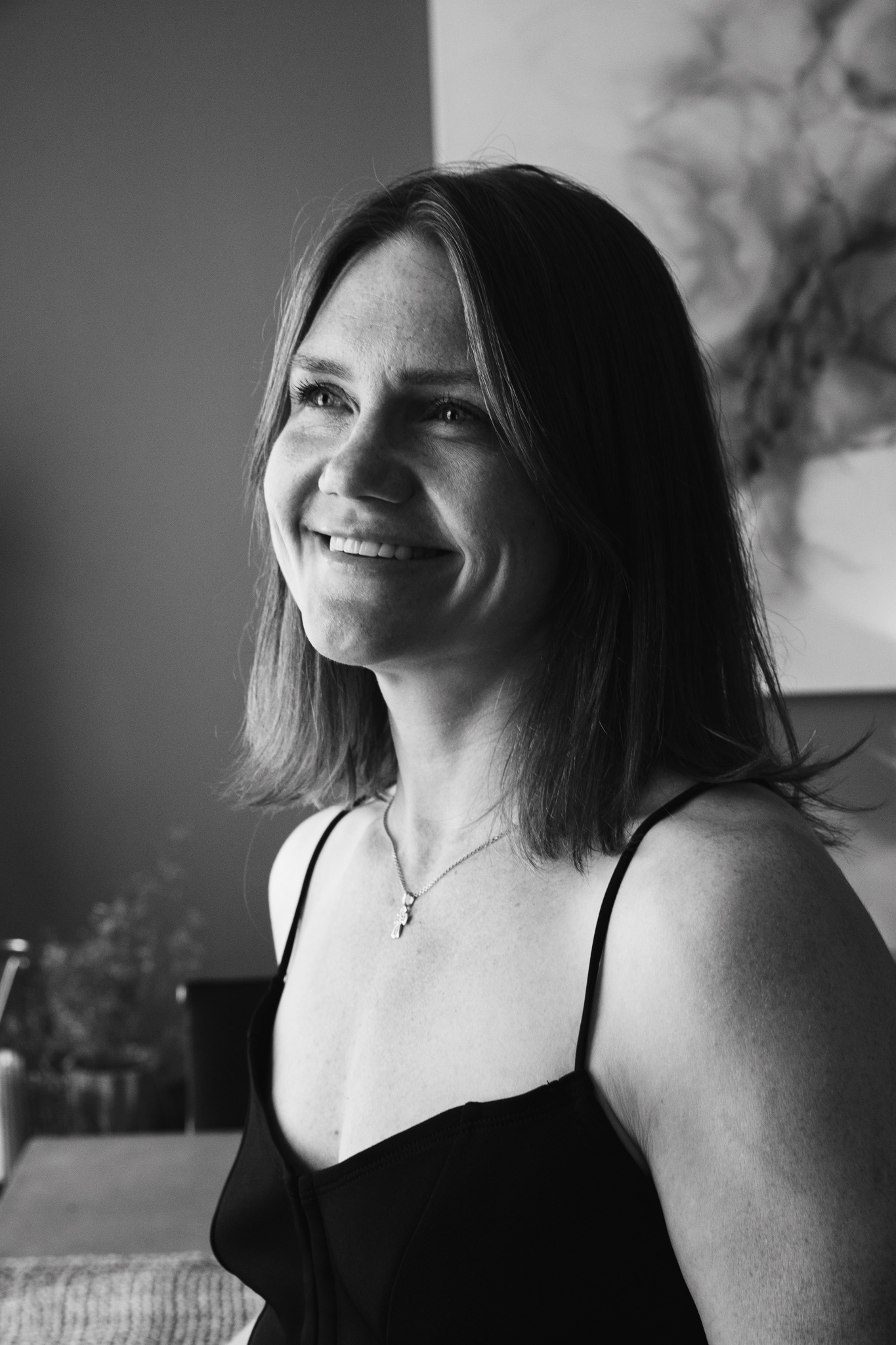
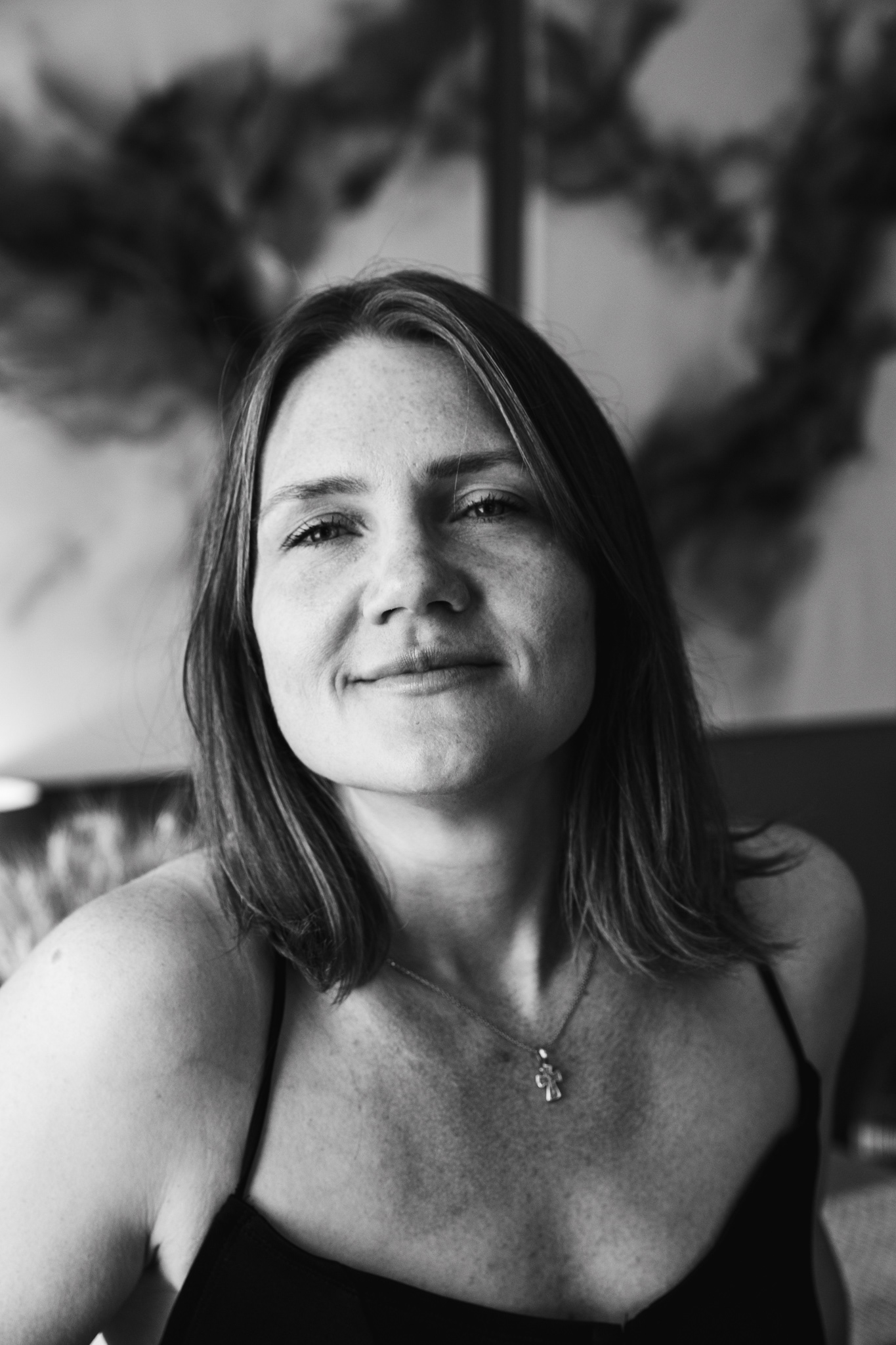
Today, her project is evolving. She has registered a Community Interest Company to develop her ideas in the field of Health Literacy. She dreams of creating similar content for a British audience. "I think doing this in English would be superb. That is, conversations with doctors in English, about issues that concern people." For now, these are just plans that require a huge amount of work and funding. The first grant she received was a symbolic £250, but that doesn't stop her.
Nastya's story is that of a woman who has gone through unimaginable trials: war, exile, illness, and the death of her closest person. But instead of dissolving in grief, she found within herself an incredible strength to live on — for her children, for her husband's memory, for herself. She continues to learn, create, unite people, and prove that even in the darkest of times, the human spirit, filled with love and faith, is capable of creating miracles.
